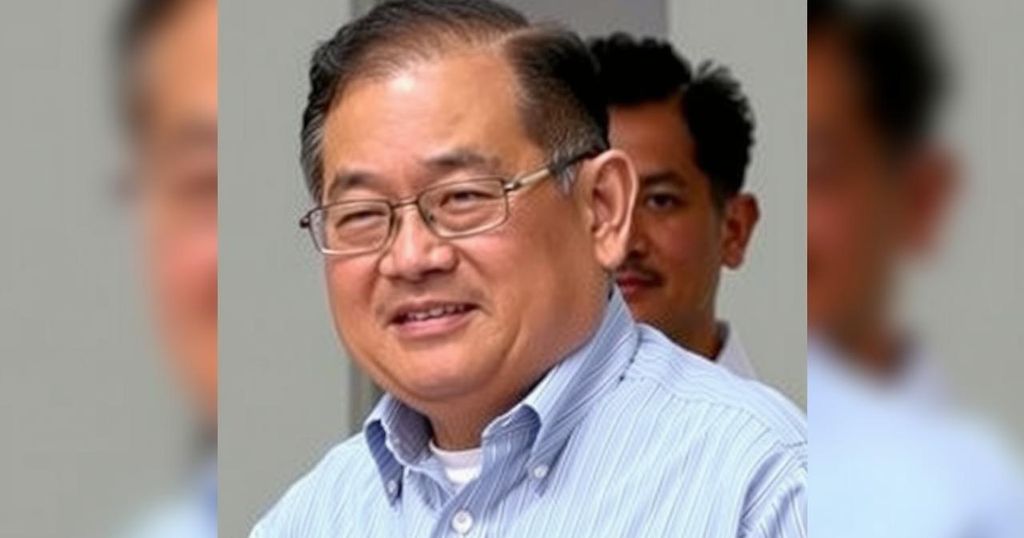Thai Man Confesses to Murder of Cambodian Ex-Lawmaker Lim Kimya

A Thai man, Ekkalak Paenoi, confessed to the murder of former Cambodian lawmaker Lim Kimya, who was shot in Bangkok. Cambodian opposition figures suggest ties to former Prime Minister Hun Sen, amid a climate of repression that has forced many activists to seek refuge in Thailand. France condemned the killing, calling attention to its broader geopolitical implications.
On January 11, 2025, Thai authorities reported that Ekkalak Paenoi, a Thai man, confessed to the murder of Lim Kimya, a former Cambodian opposition lawmaker. Following his arrest on January 8, Ekkalak stated, “I confess that I did wrong” as he faced charges for premeditated murder and illegal firearm possession. Lim Kimya was tragically shot by a motorcyclist upon arriving in Bangkok from Cambodia with his French wife on January 7, prompting accusations from Cambodian opposition representatives that the assassination was ordered by former Prime Minister Hun Sen.
Thai police have yet to ascertain the motives behind the murder but are continuing their investigation, with Senior Police Official Somprasong Yenthuam encouraging patience as the details unfold. Meanwhile, an arrest warrant has also been issued for a suspected Cambodian accomplice. This incident reflects the ongoing repression faced by Cambodian opposition activists, many of whom have sought refuge in Thailand due to the oppressive political climate under Hun Sen’s regime, who formally stepped down in 2023 but remains a significant political influence. The French government has voiced its condemnation of the murder, highlighting the international implications of this incident.
The assassination of Lim Kimya, a former legislator of the now-dissolved Cambodia National Rescue Party (CNRP), highlights the dangerous political climate in Cambodia, where dissent is often met with violence and repression. Under the long rule of Hun Sen, rights groups have raised concerns regarding the systematic targeting of political opponents. Many activists and opposition figures have fled to neighboring Thailand in search of safety, a pathway that has led to numerous arrests and deportations. This tragedy has drawn international attention, particularly from France, due to Lim’s citizenship and the implications of such political violence.
The confession of Ekkalak Paenoi, coupled with the context of Lim Kimya’s murder, underscores the precarious situation for political dissenters in Cambodia. The case will likely continue to evolve, as the implications of the involved parties build further intrigue around the connections to past government actions. The international outcry against the slaying also indicates the necessity for accountability and justice in political violence.
Original Source: www.thehindu.com







